Parents, I want to confess something to you. I have been a vocal homeschooler for years now, but I have not revealed how radical we are in our philosophy of educating our children. As we enter the long haul of quarantine, you may find this confession helpful.
In the Huntress Clan, we may call ourselves homeschoolers, but we more properly belong to a radical branch known as ‘unschooling.’
The unschooling philosophy does not require schedules, or lesson plans, or worksheets, or many other typical methods of educating children that are frequently used by the public school system.
Instead, we guide the education of our children by their interests. We let them play at what they like, because, as Fred Rogers reminds us, “Play is the real work of childhood.”
This took me some time to get used to it. I was reared by a public school system, so I defaulted to schedules and workbooks and exercises to practice subjects via drills.
My lady wife has done much more reading and study on the subject of education than I have. She encouraged me to trust that our children have a natural capacity for learning.
When my son was eight, he showed little interest in reading. I fretted and I worried, but my wife bade me trust the unschooling method. “He’s not going to get to twenty years old and not know how to read,” she said. “He will learn it when he is ready.”
Later that year, he got really into Minecraft. He learned a few hacks, which required typing specific commands perfectly. So for a few months, he would yell questions across the house dozens of times a day, demanding to know how to spell another word. By the end of the year, he was reading Harry Potter.
Since then, I have learned to let the interests of my children be their teachers. When they show interest in a subject, we provide them with doors that lead deeper. We offer the chance to walk through them, but we do not push them through.
My daughter showed an interest in geometry, so I showed her Euclid. She was fascinated for a few weeks, and I gave her lessons. Then she got bored, so we dropped it. She may not be a master of geometry (right now), but she has a solid grasp of the basics. Most importantly, she does not resent the subject. If I had pushed her through, and demanded she stuck with it, she may have lost any future interest completely.
This works for us, and for our family. If you are coping with the closure of a public school, and you find that a replication of their structure and style is best suited for you and yours, that’s great! I don’t want to convince you that any other method is superior. But I do want to offer an alternative for families that are having a hard time. If you find it stressful and counterproductive to replicate a public school system in your home, don’t.
If it’s not working, just let them be kids for a while.
There is a transition period that happens with new homeschoolers, known as ‘deschooling.’ When public school kids first become homeschoolers, they spend weeks or months in deceleration.
For most of their lives, they have been in an artificial social structure that had specific rules and mores. Transitioning to the simpler, slower life of a family unit is a process, and it takes time to learn. They will try to play by the old rules for a while, so they can learn how the new rules work.
(Play is the real work of childhood.)
I have seen this firsthand with new homeschoolers who join our communities. They spaz out for a while, bringing their learned public school behaviours into a group of homeschoolers. They sometimes get frustrated that they don’t understand the new rules right away, and there is no teacher to explain it all them.
You may have seen this in the first few weeks of summer break. Kids need time to decelerate from public school, into the speed of living at home full-time.
We are in a period of deceleration right now.
If your kids are pushing back against busy work, and they just want to watch Netflix or play a video game, my advice is — let them.
This is a traumatic time for all of us, your children included. How kindly you treat them will matter much more, in the long run, than how much facsimile ‘work’ they can get done.
After all, they have all their lives to ‘work,’ when they are grown. Now is the time to let them play.
If you let play become their teacher, they will learn what interests them most.
To learn more about unschooling, I encourage you to read about John Holt:
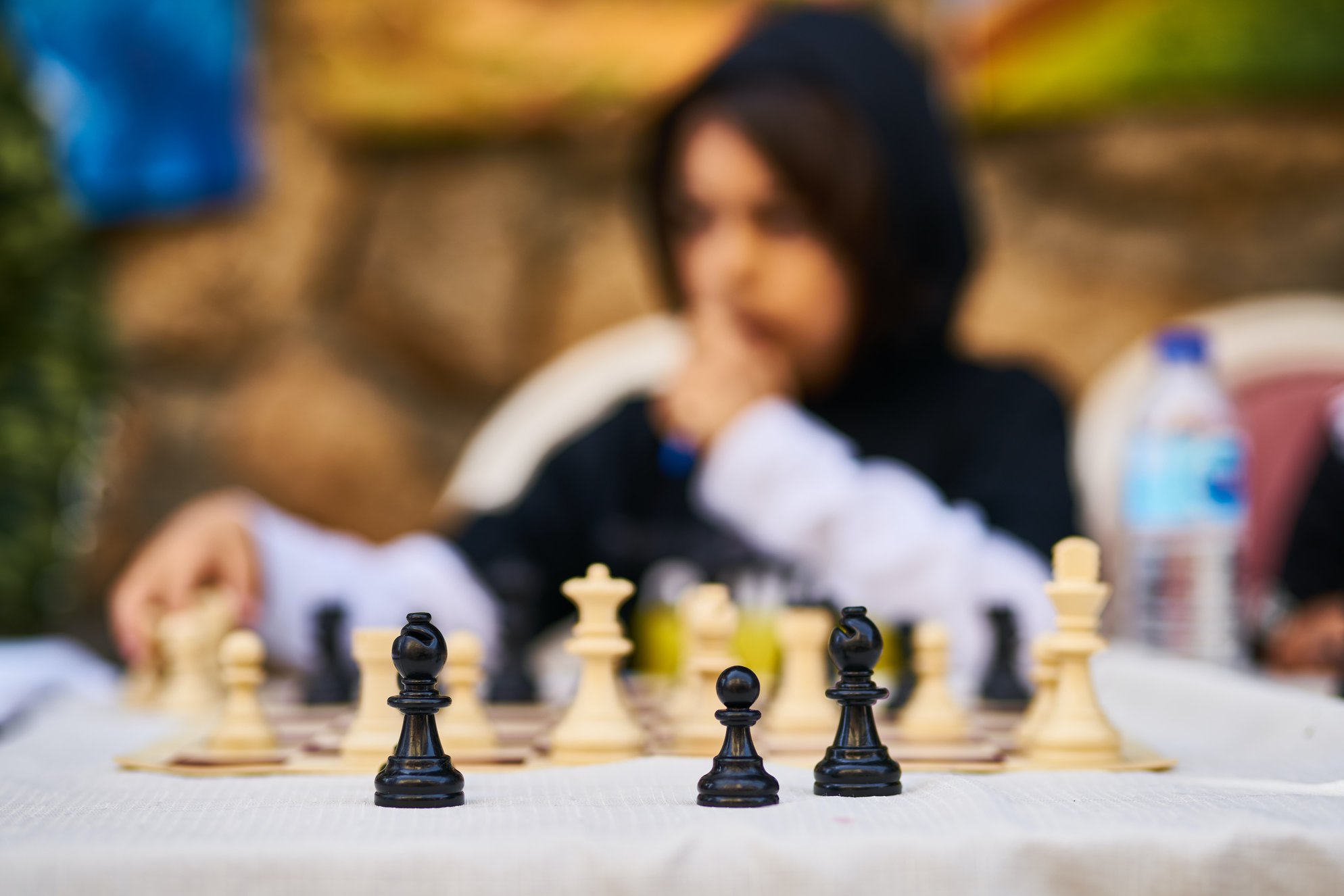
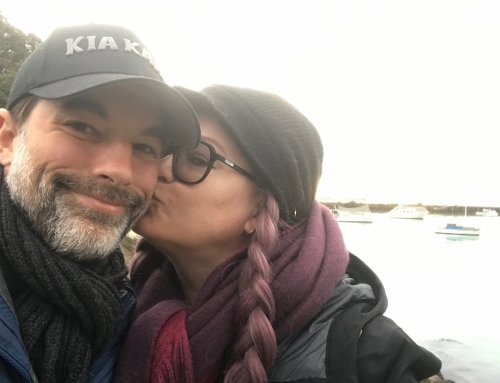
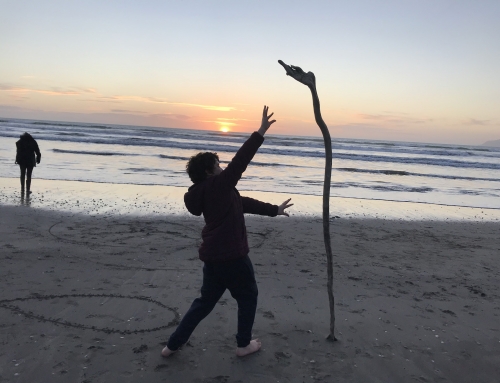
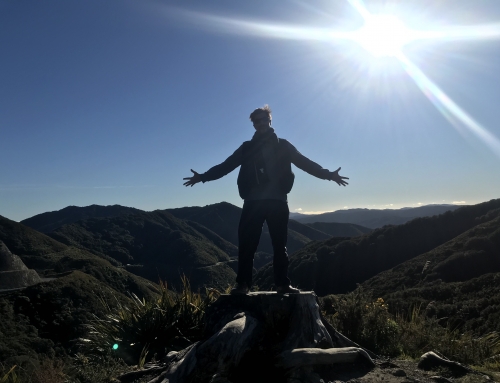
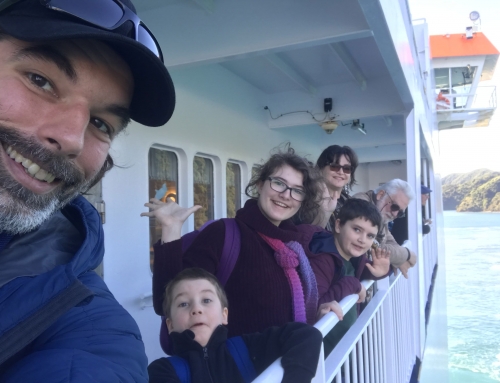
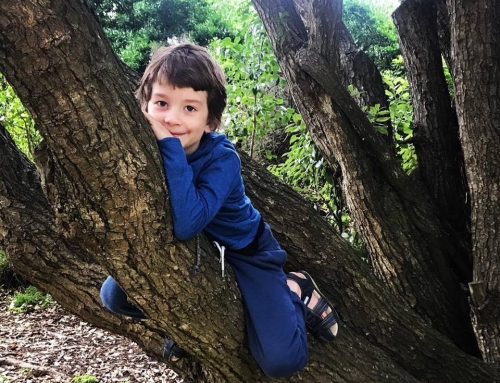
Leave A Comment